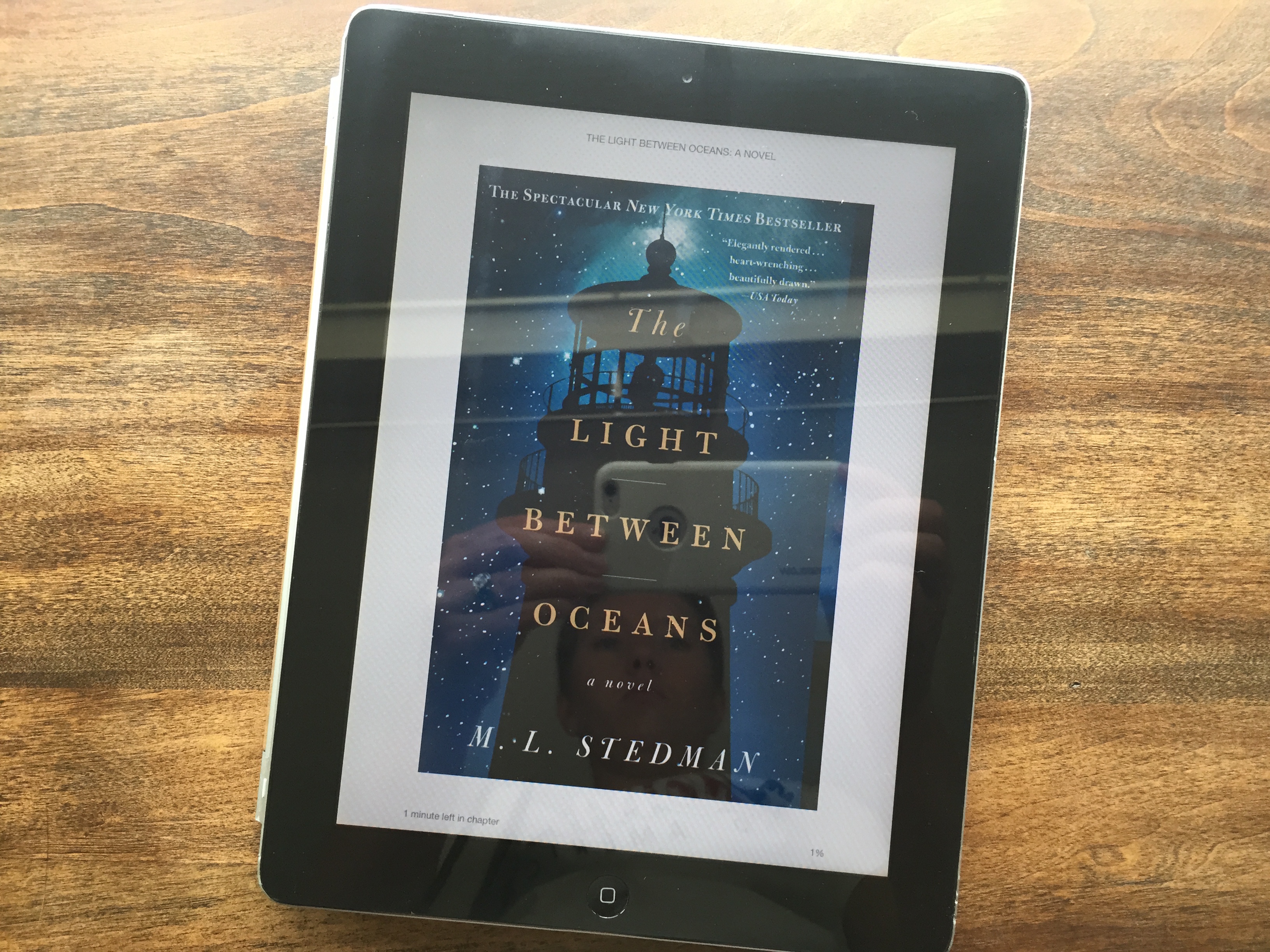Tag: M.L. Stedman
-

Story in Review: The Light Between Oceans by M.L. Stedman
The Light Between Oceans by M.L. Stedman takes place on a lonely island of rock situated at the tip of Australia. A lighthouse and its keeper, placed far away from all civilization, ensure that ships don’t take shortcuts and run aground on the shoals. The lightkeeper is named Tom, and he’s just returned from four years…